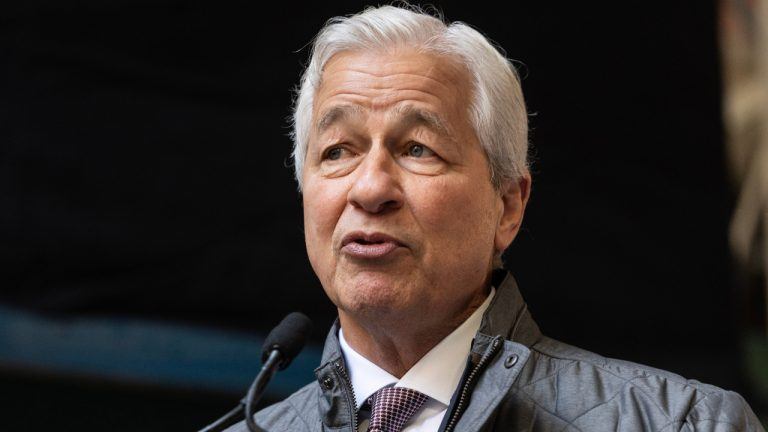Nigerian Regulators Plan to Build Progressive Crypto Regulatory Frameworks
The Nigerian government’s decision to ban cryptocurrencies in the country caused a significant uproar among crypto enthusiasts and industry insiders. With market activity seemingly getting back to normal, regulators are now set to collaborate on a regulatory regime.
Too Big a Market to Ignore
Yesterday, the local news source Premium Times reported that the Nigerian Securities and Exchange Commission (SEC) and the Central Bank of Nigeria (CBN) would develop progressive crypto regulations. Both agencies would work to provide a level playing field for all companies, while also ensuring the proper investor protector levels.
Speaking at a virtual conference organized by the Association of Capital Market Academics of Nigeria, Timi Agama, the SEC’s head of registration, exchanges, market infrastructure, and innovation head, explained that it would be impossible to ignore the $2 trillion crypto market. In part, he said:
“Part of the desire of the SEC even in the future is to provide a regulatory framework that will take care of all these challenges that we have seen internationally and the entire world is grappling with in terms of cryptocurrency and digital assets. For us at SEC and capital market, it is something to look at, the world cannot be moving forward and we will be static, no.”
Nigeria’s Crypto Space Keeps Growing
Agama explained that the SEC believes cryptocurrencies could be a significant source of foreign direct investment into the country. Data from the country’s statistics bureau showed that 26 of its 36 states didn’t get any foreign investment in 2020. With a dire need for capital inflows, cryptocurrencies could be instrumental in keeping many of these states afloat.
While Agama seemed not to agree with the ban, Kevin Amugo, the CBN’s director for financial policy and regulation, explained that it was necessary to help the agency address the issue of crypto anonymity.
Amugo explained that their approach going forward would hinge particularly on implementing anti-money laundering (AML) and know-your-customer (KYC) procedures, which will rest significantly on the country’s ubiquitous Bank Verification Number (BVN). It is worth noting that several of the country’s top exchanges – including BUyCoin, Quidax, and Luno – already implement these features.
The policymaker added that both agencies would also work with federal agencies to build a national regulatory approach towards cryptocurrencies.
The CBN’s ban on digital assets was an out-of-the-blue moment that immediately sent shockwaves around the country. Ranked as the country with the second-highest volume of Bitcoin trades, Nigeria has been instrumental in harnessing Bitcoin’s transformative value across the African continent.
Recent data from Statista also raked the county as the leading nation per capita for Bitcoin and crypto adoption.
The ban has so far drawn sharp reactions, with several members of Nigeria’s Senate calling for nuanced regulations – not an outright ban.









